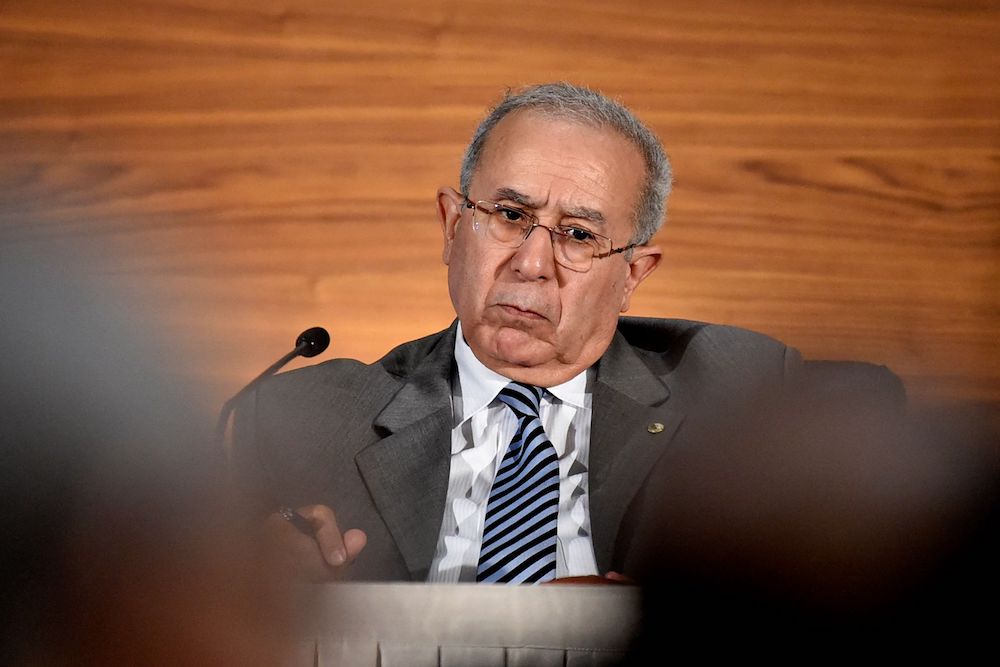Israel’s new leader to present Iran plan in first White House visit
JERUSALEM/WASHINGTON: New Israeli Prime Minister Naftali Bennett plans to push for a new Iran strategy during his first White House visit.
He is saying he will urge US President Joe Biden not to revive the 2015 nuclear deal with Tehran.
Biden’s aides hope the talks will set a positive tone for his relationship with Bennett, a far-right politician and high-tech millionaire who ended Benjamin Netanyahu’s record 12-year run as prime minister in June.
This would stand in sharp contrast to years of tensions between the conservative Netanyahu, who was close to former President Donald Trump, and the last Democratic administration led by Barack Obama with Biden as his vice president.
The visit gives the US administration an opportunity to demonstrate business as usual with its closest Middle East ally while it contends with the chaotic situation in Afghanistan, Biden’s biggest foreign policy crisis since taking office.
The talks will be relatively low-key. The two leaders are expected to speak briefly to a small pool of reporters during their Oval Office talks but will not hold a joint news conference.
Bennett is less dramatic but publicly just as adamant as Netanyahu in pledging not to allow Iran, which Israel views as an existential threat, to build a nuclear weapon, telling a cabinet meeting on Sunday the situation was at a critical point.
“Iran is advancing rapidly with uranium enrichment and has already significantly shortened the time it would take to accumulate the material required for a single nuclear bomb,” he said.
Bennett said he would tell Biden: “This is the time to stop the Iranians, not to give them a lifeline in the form of re-entering an expired nuclear deal.”
A US official said Bennett’s expected entreaties for the Biden administration to drop its efforts to revive the agreement are not likely to bear fruit.
To Israeli acclaim, Trump in 2018 withdrew the United States from the deal between six world powers and Iran. He deemed it too advantageous for Tehran and reimposed US sanctions.
In a report seen last week by Reuters, the International Atomic Energy Agency said Iran had accelerated uranium enrichment to near weapons-grade.
Iran has consistently denied seeking a bomb, but the enrichment raised tensions with the West as both sides seek to resume talks on reviving their deal to curb Tehran’s nuclear activities in return for the lifting of sanctions.
Bennett told his cabinet he would present Biden with “an orderly plan that we have formulated in the past two months to curb the Iranians, both in the nuclear sphere and vis-à-vis regional aggression.” He gave no further details.
Asked on Monday about any new Iran strategy proposal from Bennett, US State Department spokesman Ned Price said: “I will leave it to the Israeli prime minister to describe to the American president any thoughts that the Israeli government may have when it comes to Iran.”
Bennett, 49, is the son of American immigrants to Israel. A former head of Israel’s main West Bank settlers council, he heads an unlikely coalition of left-wing, right-wing, centrist and Arab parties.
With consensus on Palestinian statehood virtually impossible within the diverse Israeli government, Biden and his aides are not expected to press Bennett for any major concessions toward the Palestinians in his first foreign visit.
But even with little sign of US pressure to resume peace negotiations with the Palestinians that collapsed in 2014, Israel faces concern from Washington over its settlement activity in areas it captured in the 1967 Middle East war.
The Biden administration has already made clear it opposes further expansion of Jewish settlements on occupied land Palestinians seek for a state. Most countries consider such settlements illegal. Israel disputes this.
So far, Bennett, who has advocated annexation of parts of the West Bank, has moved cautiously on the settlement issue.
Scheduled approval last week of 2,200 new settler homes, along with 800 houses for Palestinians, was postponed, apparently to avoid dissonance with Washington ahead of his visit.
But rising tensions and violence along the Israel-Gaza border, three months after an 11-day war between Israeli forces and Palestinian militants, could cast a shadow over Bennett’s trip.




